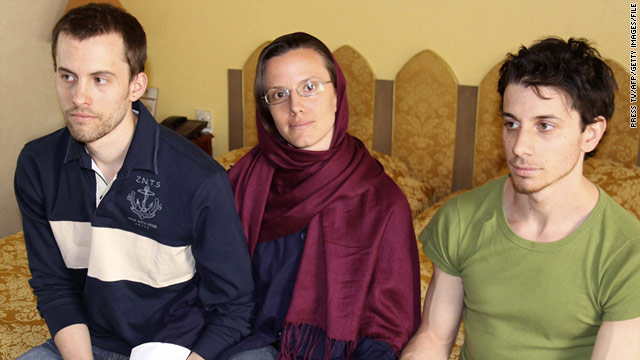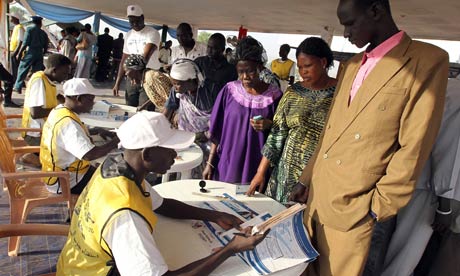By R. Renee Yaworsky
Impunity Watch Reporter, South America

EASTER ISLAND, Chile—On Sunday, police officers raided a luxury hotel on Easter Island to evict indigenous individuals who had been occupying the building. The occupants have been protesting the loss of their ancestral lands on Easter Island to tourists and other non-indigenous residents who visit the island to view its famous ancient monolith statues.
Chilean police drove the last of dozens of indigenous Rapa Nui protesters from the Hangaroa Eco Village and Spa hotel, one of the last strongholds captured by them in protest last year. Members of the Hitorangi clan have remained on the grounds since August of last year and insist that the property was illegally taken from their illiterate grandmother. They claim that the notoriously cruel dictator General Augusto Pinochet illegitimately sold their grandmother’s land to the Schiess family. The protesters also argue that there are plans to develop Easter Island to cater to non-indigenous people, and their ancestral lands will be lost.
The police raid on the hotel came just two days before the protesters were scheduled to go to court and discuss ownership of the property.
According to Rodrigo Gomez, the protesters’ lawyer, about 50 armed police officers raided the hotel in order to oust the last 5 inhabitants. Gomez called the incident “utterly irregular and illegal.” The Save Rapa Nui website has reported that a Chilean judge had previously refused to allow police to evict the hotel’s occupants.
Last December, over 20 people were wounded by pellet guns shot by police as they tried to scatter Rapa Nui protesters. Last month, James Anaya of the United Nations spoke out in defense of the Rapa Nui, asking Chile’s government to “make every effort to conduct a dialogue in good faith with representatives of the Rapa Nui people to solve, as soon as possible, the real underlying problems that explain the current situation.”
The Rapa Nui protesters who were squatting in the hotel were arrested by police and then let go to await a court hearing.
Easter Island (officially called Rapa Nui) is a Unesco World Heritage Site and was annexed by Chile in 1888. It has a population of approximately 4,000.
For more information, please see:
Today Online-Police evict last of Easter Island protesters-7 February 2011
BBC-Police evict Rapa Nui clan from Easter Island hotel-6 February 2011
Herald Sun-Easter Island squatters evicted-6 February 2011



